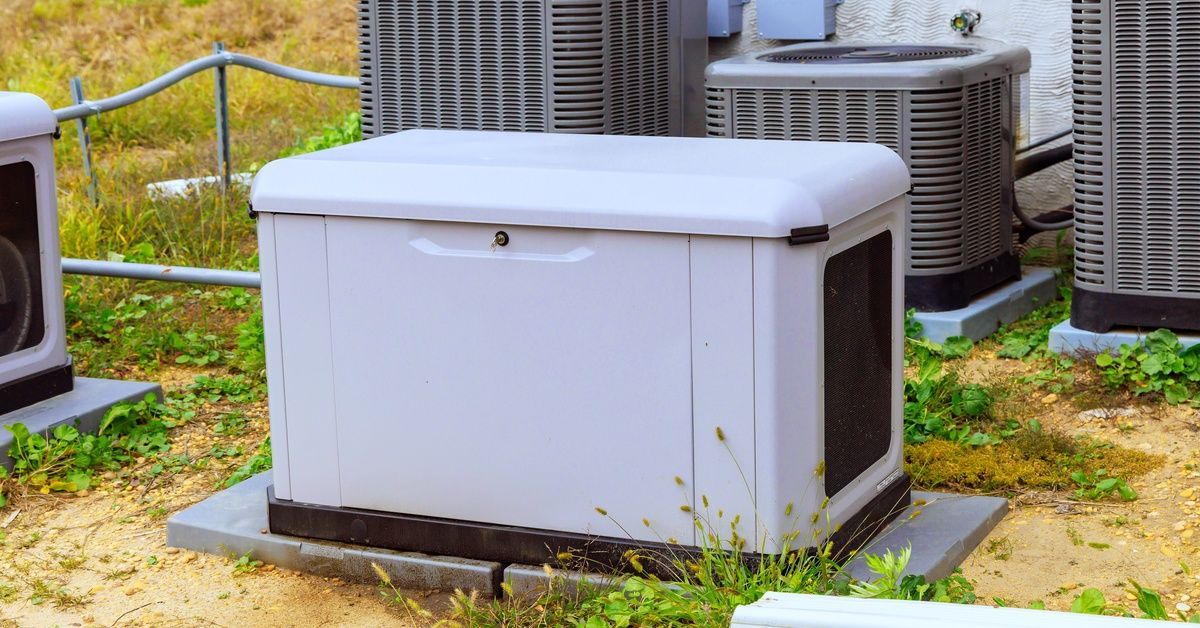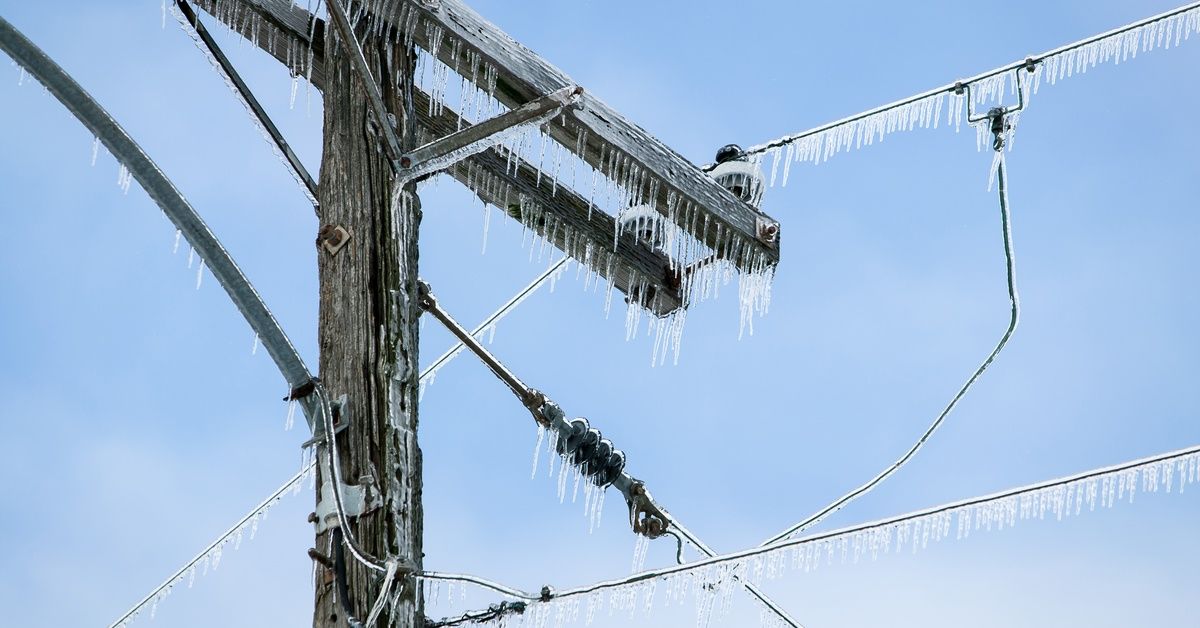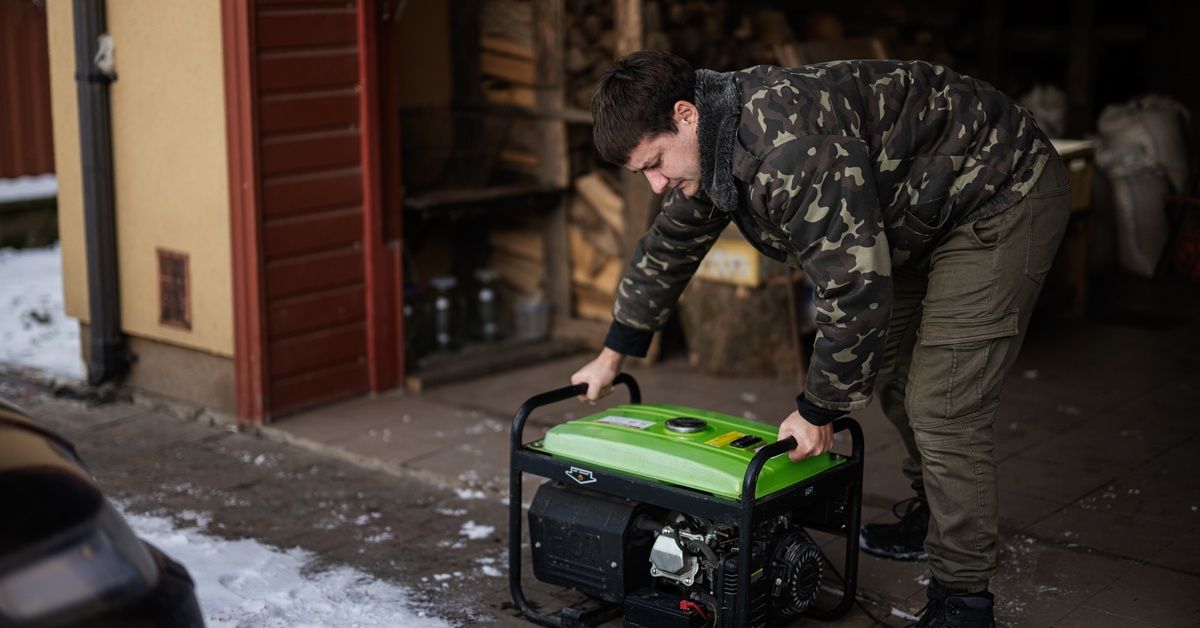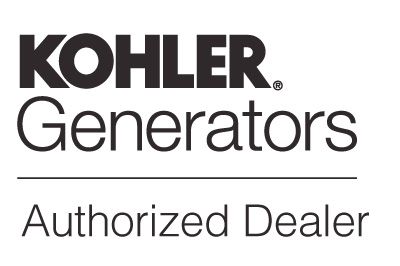Choosing a Standby Generator for Your House
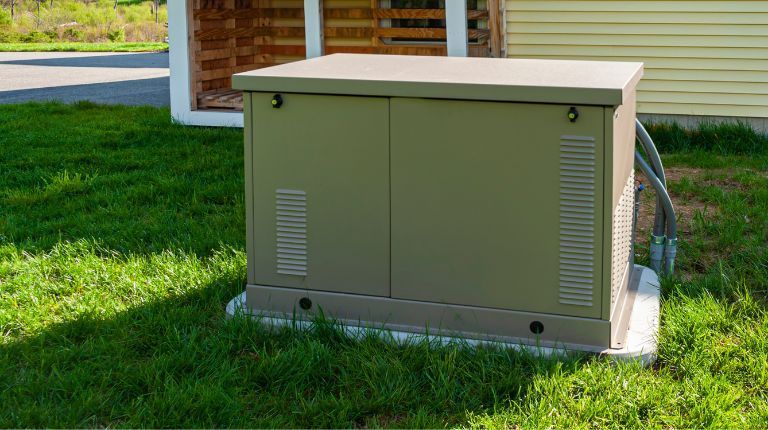
A standby generator ensures your home has power even when natural disasters, maintenance work, and other causes of outages strike. But like any home upgrade, generators come with many different options for size, power, function, and extra features. If you want your whole-home standby generator to work safely and reliably, you need to find the option that works best for your home.
With a few key tips and an expert contractor on your side, you can navigate the myriad of options out there and set up an effective backup power solution with as little hassle as possible. Make an informed decision with our guide for choosing a standby generator for your house.
Choose Your Fuel Source
The first question to ask yourself is what kind of fuel you want to use. There are three options: natural gas, liquid propane, and diesel. If you choose propane or diesel, you will need to install a large fuel tank so you can run the generator as needed. You can also use tanks to store natural gas, but this type has the alternative option of a direct home hookup. To do this, you must ensure your generator works with your home’s natural gas meter and gas lines.
Determine Size and Power Needs
One of the most important considerations to make when choosing a standby generator for your house is the level of power you need. How much power do your crucial systems—like HVAC, refrigerators, and critical medical devices—need? Do you want to power just your most important systems, or do you want enough power to run everything like normal? These questions will help you determine your power needs as well as what size generator you should get.
You can also determine the generator size you need by looking at the size of your house’s AC system. Air conditioning units often give their size in tons, and each ton requires 3.515 kilowatts of energy. So, if you have a smaller 3-ton unit, you will need a generator of 11 kW or larger.
Find the Right Transfer Switch
Your generator’s automatic transfer switch is what allows it to automatically turn on when there’s a power outage. The transfer switch monitors your utility power source, detects outages when they occur, and reacts by disconnecting the power line and starting the generator’s engine to provide backup power to your home. As such, it’s crucial to choose a transfer switch that works with the amperage of your electric panel. Without the right switch, your generator won’t be able to turn on and connect safely to your home’s power system.
Get Your Generator Solution From NW Generator Pros
When you need generator services in Portland, Oregon , choose the team at NW Generator Pros. Our expert contractors will help you determine the right specifications for your standby generator so you can implement a reliable, seamless backup power solution for your home.

